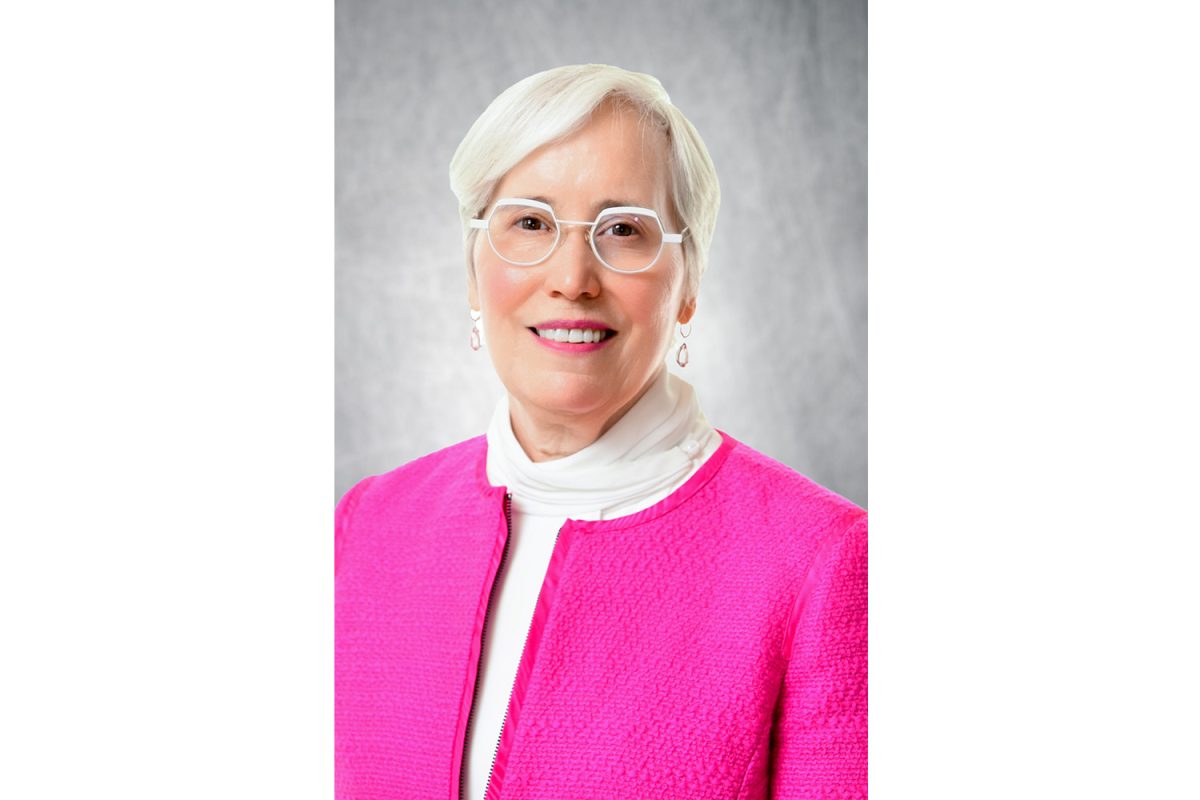Pregnant women and their babies and adults over 60 years old can be more protected from respiratory syncytial virus, or RSV, this winter season through a new vaccine that the University of Iowa Hospitals and Clinics medical professionals hosted clinical trials for.
Patricia Winokur, UI professor of internal medicine and infectious diseases, was selected to lead one of the clinical trials that tested RSV vaccines to be approved by the FDA. According to the Centers for Disease Control and Prevention, over 2.1 million children under 5 years old are outpatient visits.
“We have a strong track record of running really good vaccine clinical trials, and that reputation is well known with a lot of the people who are organizing clinical trials around vaccines, so they often come and seek us out and ask us to participate,” Winokur said.
Adults over 60 years old and pregnant women are the groups that will be able to receive a vaccine. Pregnant women who receive a vaccine in the third trimester of their pregnancy can pass the RSV antibodies to their babies.
Christina Kopp, a UI advanced nurse practitioner in family medicine, said vaccines for pregnant women could reduce RSV-induced hospitalizations for babies by 57 percent within the first six months of their life.
Babies and older adults have the most compromised immune systems and tend to be too weak to clear their airways. The upper respiratory infection caused by the virus can develop into more severe diseases, such as pneumonia, which usually leads to hospitalization or death.
RELATED: UI Hospitals and Clinics rolls out vaccines for young children
UIHC recruited over 100 participants 60 years and older who were healthy or had pre-existing respiratory issues to be followed over two years. Winokur said she was especially happy about the inclusion of older adults who are more susceptible to RSV because it allows them to receive protection sooner than they would’ve been able to.
“It’s always fun because you’re doing some good, and you’re helping protect them from disease,” Winokur said.
Since the COVID-19 vaccine trials, clinical trials have been turning around results faster than ever because of the high need for protection, Winokur said. However, she added that stabilizing the protein necessary to create RSV antibodies was no easy feat.
Winokur said this work took place in all kinds of science labs for almost 20 years.
“There was some secret sauce that was required to get the vaccine organized in a way that was going to allow us to make antibodies the right way, and the studies have been great,” Winokur said.
Now that vaccines are approved for any older adult, Winokur said many eligible people will take the vaccine to protect their young grandchildren who are also at high risk of infection.
This is especially important this time of year, Alejandro Comellas, UI clinical professor of internal medicine-pulmonary, said. With all the travel and family gatherings over the holidays, it ramps up the speed at which the virus spreads.
Comellas urged everyone to protect themselves against not only RSV this season but also all respiratory illnesses that become more prevalent this time of year, such as the flu or SARS.
“We want the population to be aware that vaccines are an incredible breakthrough in medicine, and we would highly recommend that patients are getting vaccinated based on CDC recommendations to prevent outbreaks and themselves,” Comellas said.



